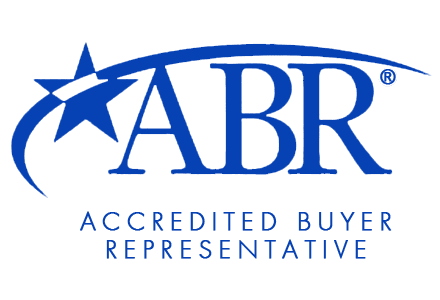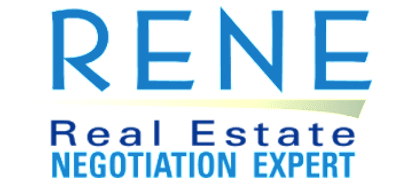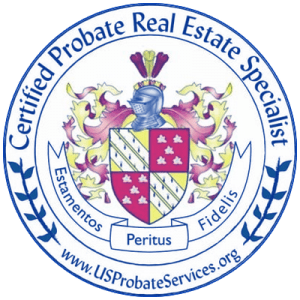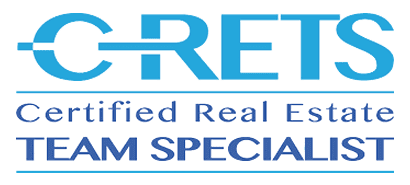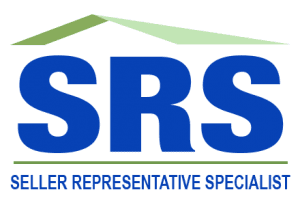
Resources
Find a REALTOR®
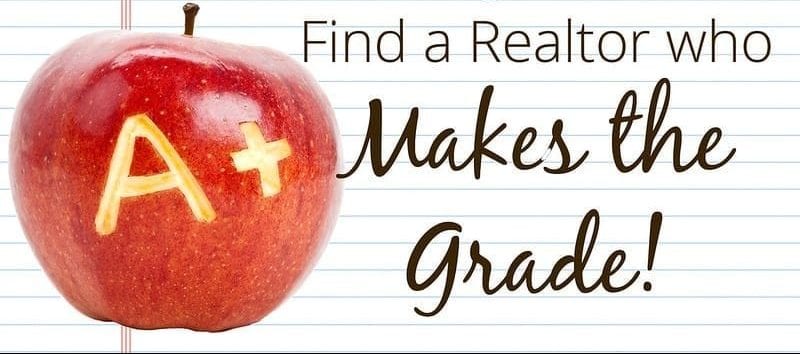
Before placing a home on the market you should also identify REALTORS® in your community who can assist with the sale. Because realtor.com® is the largest real estate site online, it’s a perfect place to look when seeking realty services. Realtor.com® lists realty professionals nationwide, and you can find those active in your community through extensive directories and property listings.
Why Use a REALTOR®?
More than 2 million people nationwide have licenses to sell real estate, of which more than 1 million belong to the National Association of Realtors. Only N.A.R. members are entitled to use the term REALTOR®.
N.A.R. members must adhere to a strict code of ethics. By joining N.A.R., individuals have access to a wide range of classes, seminars and certification opportunities. Local REALTOR® groups are active in community matters, and individual members are routinely involved in PTAs and other neighborhood organizations.
In essence, local REALTORS® are community experts. They track real estate trends, share neighborhood concerns and participate in local matters. They’re good neighbors who are in the business of helping others buy and sell homes.
How Do You Choose a REALTOR®?
Whether you’re a first-time seller or someone who has sold many homes, there are several ways to find a local REALTOR®:
Use the “Find a REALTOR®” search engine on realtor.com® to find individuals who actively sell in your community.
Get recommendations from past sellers.
Look for REALTOR® signs in your community.
Check the classifieds in local newspapers and “shopper” publications.
Look at the listings in local real estate magazines.
In some cases, sellers elect to meet only with one REALTOR®, while other owners meet with several. Whatever your preference, there will be a number of questions you will want to ask, including:
What services do you offer?
What type of representation do you provide?
There are various forms of representation in different states. Some brokers represent buyers, some represent sellers, some facilitate transactions as a neutral party, and in some cases different salespeople in a single firm may represent different parties within a transaction.
What experience do you have in my immediate area?
How long are homes in this neighborhood typically on the market?
Be aware that because all homes are unique, some will sell faster than others. Several factors can impact the amount of time a home remains on the market, including changing interest rates and local economic trends.
How would you price my home?
Ask about recent home sales and comparable properties currently on the market. If you speak with several REALTORS® and their price estimates differ, that’s OK, but be sure to ask how their price opinions were determined and why they think your home would sell for a given value.
How will you market my home? At listing presentations, brokers will provide a detailed summary of how they market homes, what marketing strategies have worked in the past and which marketing efforts may be effective for your home.
What is your fee? Brokerage fees are established in the marketplace and not set by law or regulation. Typically, brokers who list homes are compensated on a performance basis – that is, the broker is not paid unless the home sells under the terms and conditions that are acceptable to you.
What happens if another REALTOR® locates a purchaser? That is, who will that broker represent, and how will he or she be paid?
What disclosures should you receive? State rules require brokers to provide extensive agency disclosure information, usually at the first sit-down meeting with an owner or buyer.
How long do you want to list your home?
A “listing” agreement is a contract that shows the broker’s obligations and outlines the terms under which your home is being made available for sale. The length of the agreement is a negotiable matter.
What Should You Expect When Working With a REALTOR®?
Once your home is listed with a REALTOR®, he or she will immediately begin to market your home according to the most appropriate conventions for your community. Your REALTOR® should keep you informed as the marketing process unfolds and as expressions of interest are received. In time, the marketing plan may be modified to reflect buyer reactions and changes in the marketplace.
In real estate there are written offers and oral offers. Oral offers (“Would they take $225,000 for the home?”) are not acceptable because they generally cannot be enforced (“Gee, did I say $225,000? I was sure I said $215,000″). Written offers created by the REALTOR® with assistance from qualified attorneys address numerous issues, are consistent with local requirements, and provide the foundation for an actionable offer.
For Sale by Owner First Aid Information…

A Word About Selling Your Own Property…
Approximately 70% of For Sale By Owners eventually wind up using a broker. National statistics indicate that successful For Sale By Owners on average wind up accepting about 9% less than what they could have gotten if they had used a professional real estate broker.
In general, the only reason buyers shop For Sale By Owners is because they know a For Sale By Owner isn’t paying a real estate commission. Typically a serious buyer will discount the asking price by at least the amount of the real estate commission.
If you’re serious about putting the most amount of money in your pocket from the sale of your property, I invite you to contact me directly. I’ll share with you my honest evaluation of what I will be able to put in your pocket when it’s all said and done. We can compare bottom lines. The worst thing that will happen is you will learn some things to help you accomplish your real estate objectives.
Six Factors Necessary To Get Your Property Sold…
1. Setting the right price.
In today’s competitive real estate market, buyers have access to more information than ever before. You have one chance to make a good first impression. In determining your asking price you should calculate the average sales price to list price ratio in your neighborhood. If you’re serious about selling your house on your own you may want to offer a buyer a price incentive. After all the buyer you’re looking for isn’t using a broker either. National statistics indicate that For Sale By Owners usually wind up with about 9% less than what they could have gotten by using a broker.
2.Create your marketing plan.
An ad in the paper, a sign in the front yard and word of mouth is a good place to start — but where do you go from there? The more qualified buyers that you expose your property to, the higher the odds of finding a buyer that’s willing to pay your price. I invite you to take a look at my marketing plan, and learn some strategies that may help you get your home sold.
3.Preparing your product.
Many factors come into play in preparing your property for showing. I’ll be happy to give you my secrets for properly preparing your home for showing.
4. Four questions to ask every caller:
(1) Are you prequalified? (2) What’s the name and phone number of the person who pre-qualified you? (3) How much did you pre-qualify for? (4) What’s your possession deadline? You have to separate lookers from buyers. You don’t want to wind up entering into an agreement with somebody that down the road doesn’t qualify to buy your property. I’ll be happy to put you in touch with my lender to help you pre-qualify your callers.
5.Properly presenting your property.
Don’t get emotional. When I’m showing properties to buyers I don’t even want the sellers there, because buyers are less likely to express their true feelings. I invite you to call me today and I’ll share with you my strategies on presenting your property professionally.
6. Negotiating the sale.
It’s a fact even in a seller’s market over 90% of the properties sold sell for something less than the asking price. Prepare yourself for offers less than your asking price. Don’t get emotional. After all, one of the main reasons a buyer is shopping For Sale By Owners is to try to get a better price. They know you’re not paying a commission. Be prepared, and present evidence proving the value of your property. A third party negotiator can literally save you thousands in negotiating the sale of your property. What’s most important to you in the sale of your property? If it’s putting the most amount of money in your pocket as you possibly can, I invite you to contact me directly.
Peace of Mind Prop. Mgmt & Real Estate, Inc.
www.pmpmre.com | www.pompmre.com
stacycorrigan@gmail.com | 401-829-8323
Open House Tips: What NOT To Do
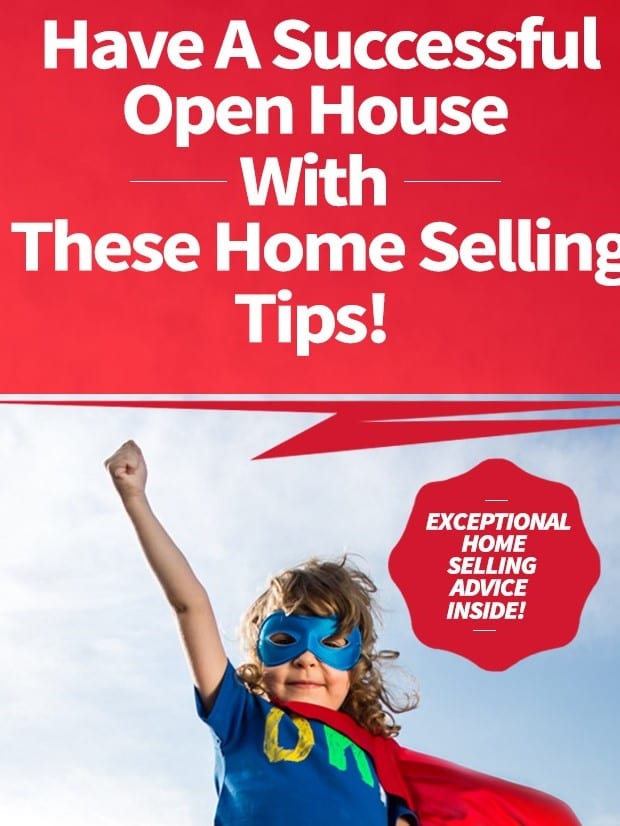
Follow these simple guidelines to provide a great experience for potential buyers.
Absolutely NO:
1. Weird Smells
If the owners are smokers or if there are other odors lingering, use a neutralizing spray or light a couple of candles to tackle the issue.
2. Heavy Air Fresheners
On the contrary – don’t create your own weird smells! Candles and Febreze work wonders, don’t go crazy with oil-based plugins.
3. Hovering Sellers
Sellers need to leave during open houses. They may think their presence is helpful, but in reality, it’s much better to leave it to the professional – you!
4. Pets – (no matter how cute)
Your sellers love fluffy, but open house visitors may be allergic to him. Don’t risk it – have your sellers take their furry friends with them.
5. Loud Music
We recommend putting on light music – but don’t blow out the speakers. Loud music can strike suspicion that you’re trying to cover other noise.
6. Blocked Off Rooms
Don’t ever block access to a room in the house. Visitors need unrestricted access to the home or they may think you have something to hide.
7. Overgrown Lawn
Bad curb appeal can negatively impact potential buyer’s opinion of the property. Make sure the lawn is mowed and the exterior is in tip-top shape.
8. Family Photos
You want potential buyers to be able to visualize themselves living in the home. Family photos on the wall can make that difficult. Take em’ down!
9. Polarizing Items
You may think the political cartoon in the bathroom is hilarious but it may offend one of your open house visitors. When it doubt, take it out!
10. Lack of Marketing Materials
Open house visitors may have just come from another property, or two, or three. Make it easy on them and have listing flyers readily available.
11. Important or Personal Documents
Don’t leave doctors office documents or credit card statements lying around. People are curious by nature – don’t give them a reason to be nosy.
12. Expensive Items
Have your sellers take their laptop, grandma’s jewelry collection or rare coins with them! As an agent – you’ve got enough to do – you don’t need to babysit their things.
Peace of Mind Prop. Mgmt & Real Estate, Inc.
www.pmpmre.com | www.pompmre.com
stacycorrigan@gmail.com | 401-829-8323
